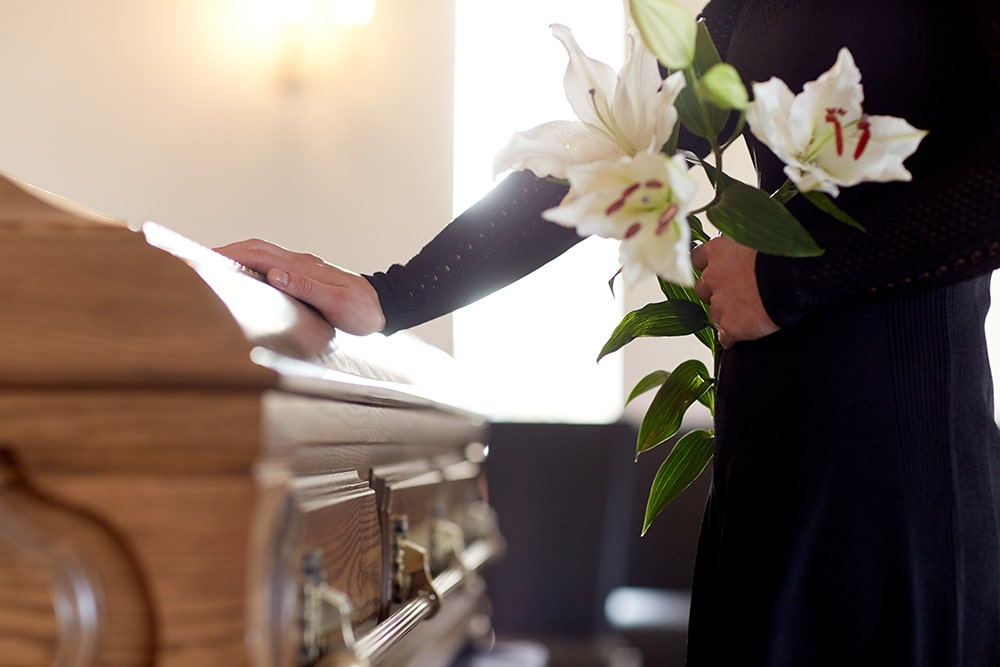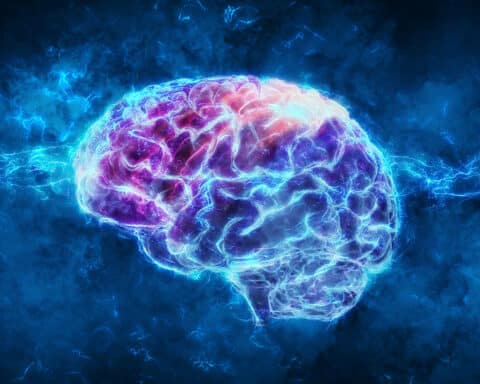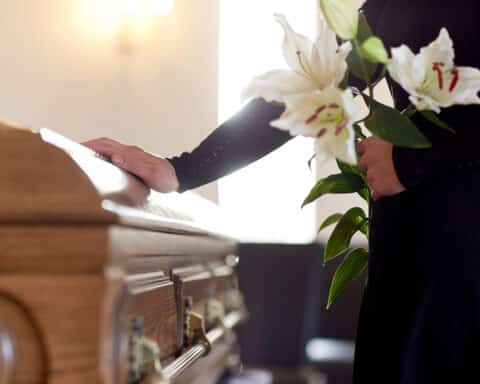
In this single verse, the Book of Wisdom clears away the well-intentioned (albeit false) pieties of so many Catholics.
You attend a funeral. You hear a friend, a neighbor, perhaps even the priest saying, “God must have taken them at the right time.”
Against these claims, “God did not make death …” (Wis 1:13).
| June 27 – Thirteenth Sunday in Ordinary Time |
|---|
|
Wis 1:13-15; 2:23-24
Ps 30:2, 4, 5-6, 11, 12, 13
2 Cor 8:7, 9, 13-15
Mk 5:21-43
|
God did not make death because God is the creator and not the destroyer. All things were created by God as good. Men and women were created for life eternal.
And yet, death entered the world. Through the envy of the devil, through the sin of our forebears, here cometh death.
God did not intend it. God did not want death.
Our Lord Jesus’ healing of the hemorrhaging woman and the daughter of the synagogue official must be understood as the dawn of a kingdom without death.
The hemorrhaging woman lives as if she is dead. Her bleeding means that she is unclean. She is untouchable.
She has descended into the pit of isolation. Into the darkness of despair. She is cut off from the land of the living.
Notice the healing that this woman experiences. She touches Jesus without his awareness. It is a touch that saves her. Our Lord then speaks to her, restoring the communion with men and women that she longs for.
The Gospel of Mark then turns us away from the hemorrhaging woman to the daughter of the synagogue official.
Death has already overcome her. Once again, attend to the way that Jesus heals. He speaks words to the already dead girl. Little girl, arise. She wakes up at once. He then asks that she eat.
This is not just a matter of nutrition. Food is linked to communion. To belong to the human family is to eat with others.
Dear friends, this is what the God-man, Jesus Christ, came to bring to the entire human family.
He came to heal the world of the evils of death, of darkness, of the loss of communion.
As the Church, dear friends, there are many among us who still experience the darkness of death. There are those who are isolated, cut off from communion with fellow men and women.
They are not hemorrhaging. But they do experience loneliness. They are the elderly, who live by themselves, longing for friendship. They are the homeless, who we pass each day in cities without a single note of recognition. They are those who suffer hatred because of the color of their skin.
We must reach out. To re-establish the human touch, the communion, is the mark of the kingdom of God.
And yet, as we sadly know, there remains death. Loved ones die.
As Catholics, we profess remarkable hope. Even death does not separate us from communion with one another.
When our loved one dies, Our Lord does not come and raise them from the dead.
Because in his death, he has restored the communion between the living and the dead. We pray for them. They pray for us.
We join a feast each Sunday in the Eucharist. There, the whole communion of the saints — the living and the dead — celebrates the gift of our Lord’s resurrection from the dead, his defeating of death.
St. Ignatius of Antioch referred to the Eucharist as the medicine of immortality. Not just an individual medicine but a medicine for the entire human family called to the Supper of the Lamb.
God did not create death.
And in the Blessed Sacrament, death is being defeated even now.
Timothy P. O’Malley, Ph.D., is the director of education at the McGrath Institute for Church Life at the University of Notre Dame.





